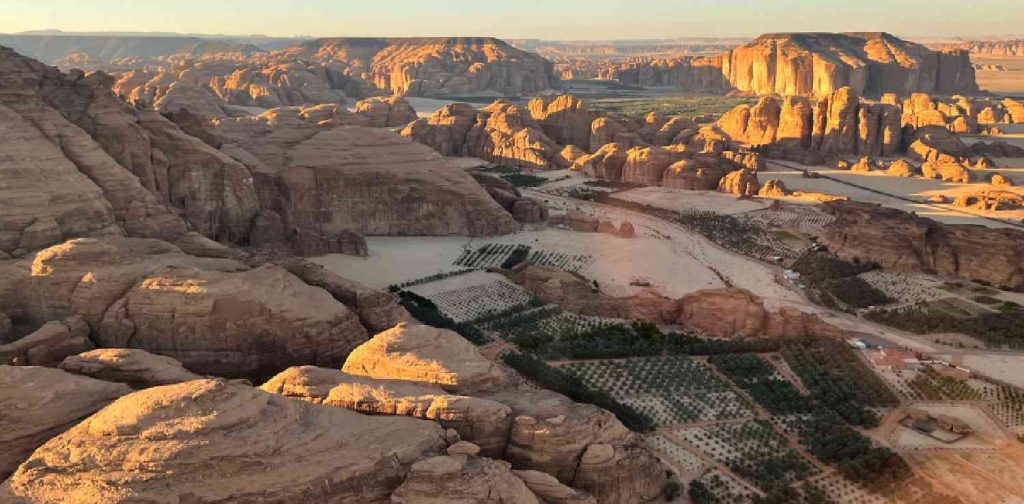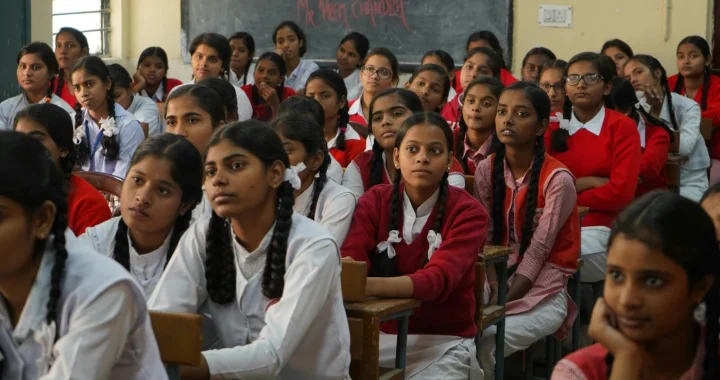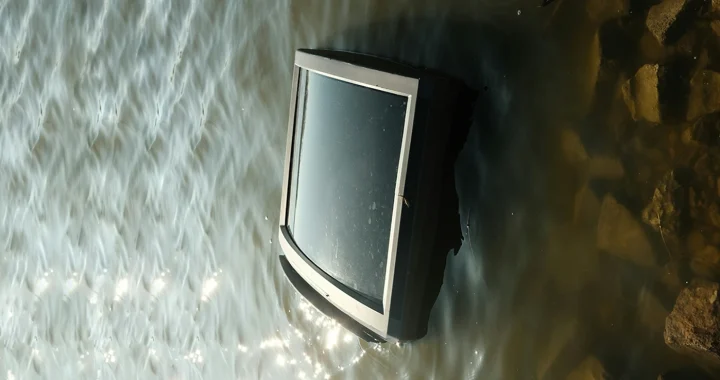AlUla Heritage Sites and UNESCO Collaborate for Culture and Education

Photo: Datingscout on Unsplash.
Sustainable development encompasses many aspects, including culture. Beyond preserving culture, heritage sites can support sustainable development in various ways. In Saudi Arabia, work is underway to conserve AlUla heritage sites through a partnership with UNESCO.
AlUla Heritage Sites
Al-‘Ula, often stylized in English as AlUla, is an ancient city in Medina, Saudi Arabia. The town was a meeting point for people from the Arabian Peninsula, the Mediterranean, and Asia, making it rich with culture and historical sites. Thousands of ancient Arabic inscriptions and monumental tombs are carved on the rocks of multiple AlUla heritage sites, such as Jabal Ikmah and Hegra Archaeological Site.
In 2008, AlUla’s Hegra Archaeological Site was the first to be designated as a Saudi World Heritage Site by UNESCO. Nine years later, the Royal Commission for AlUla (RCU) was established to protect and enhance the significance of AlUla’s cultural heritage. In July 2023, the RCU signed an agreement with UNESCO for cultural collaborations to advance the role of AlUla heritage sites in cultural exchange and education.
Integrated Cultural Programs & Heritage Fellowships
The RCU-UNESCO cultural collaboration is a five-year partnership aiming to provide a blueprint for integrated cultural programs and heritage fellowships. Previously, the RCU has partnered with UNESCO in the Monument of the World’s program to document and raise awareness about the city. The cultural collaboration was first signed in November 2021 and continued with Phase I.
The agreement signed in July 2023 marked the beginning of Phase II. Phase 2 of the partnership focuses on two main projects:
- Integrated Cultural Programme, a two-year program focusing on capacity-building activities for storytelling and visitor experiences, knowledge sharing between young female cultural entrepreneurs, and international network development. The program also plans to address how heritage and creativity can contribute to building sustainable cities and a culture-engaged, people-centered development model for AlUla.
- Fellowship Programme, an eighteen-month fellowship program for ten recipients focusing on strengthening capacities and building networks for heritage researchers and professionals through site-based training programs. The program is jointly managed by UNESCO and the Kingdoms Institute, the RCU’s research and conservation body.
The partnership also aligns with Saudi Arabia’s Vision of 2030, which aims to explore AlUla’s potential in archaeology, tourism, culture, and education while preserving the area’s natural and historic character.
Culture for Sustainable Development
Culture is an integral part of life. While it shows that culture bears the impact of current world crises, it also means that culture can play a part in creating a better world. So, culture should be recognized for its role in advancing sustainable development, including education, economy, and environmental preservation. The cultural collaborations between UNESCO and the Royal Commission for AlUla will hopefully foster a stronger relationship between culture and sustainable development.
Editor: Nazalea Kusuma

Co-create positive impact for people and the planet.
Amidst today’s increasingly complex global challenges, equipping yourself, team, and communities with interdisciplinary and cross-sectoral insights on sustainability-related issues and sustainable development is no longer optional — it is a strategic necessity to stay ahead and stay relevant.

Kresentia Madina
Madina is the Assistant Manager of Stakeholder Engagement at Green Network Asia. She holds a bachelor’s degree in English Studies from Universitas Indonesia. As part of the GNA In-House Team, she supports the organization's multi-stakeholder engagement across international organizations, governments, businesses, civil society, and grassroots communities through digital publications, events, capacity building, and research.


 India’s Supreme Court Declared Menstrual Health and Hygiene as Fundamental Rights
India’s Supreme Court Declared Menstrual Health and Hygiene as Fundamental Rights  Impacts of E-waste Pollution on Animals and Human Health
Impacts of E-waste Pollution on Animals and Human Health  Africa’s Solar Energy Surge: Why 2025 Was a Breakthrough Year
Africa’s Solar Energy Surge: Why 2025 Was a Breakthrough Year  Agrihoods: Integrating Farms and Urban Neighborhoods into Sustainable Communities
Agrihoods: Integrating Farms and Urban Neighborhoods into Sustainable Communities  Women in Waste Management: Asia’s Circularity Runs on Women. Its Policies Still Don’t
Women in Waste Management: Asia’s Circularity Runs on Women. Its Policies Still Don’t  Embracing the Business Value of Sustainability
Embracing the Business Value of Sustainability